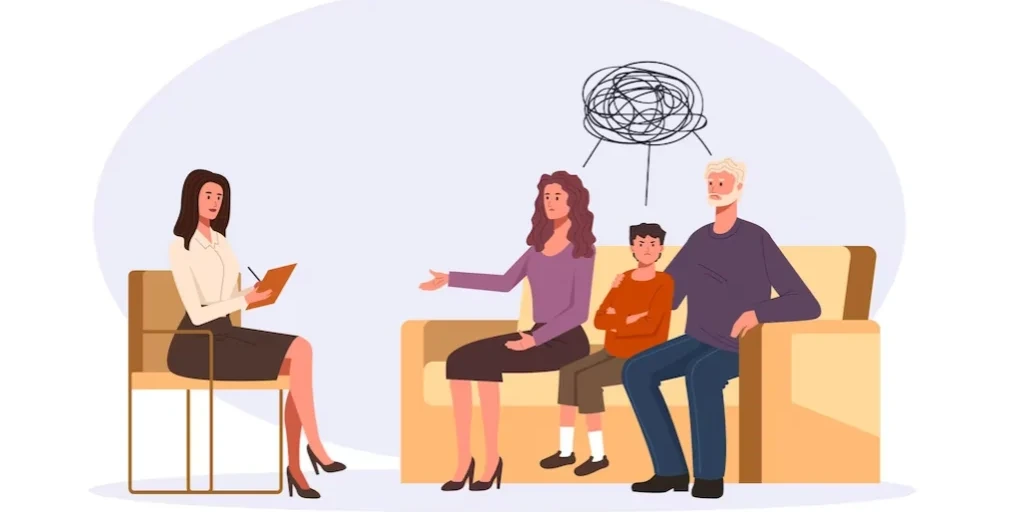24/7 Helpline:
(866) 899-221924/7 Helpline:
(866) 899-2219
Learn more about Eating Disorder Treatment centers in Redondo Beach
Eating Disorder Treatment in Other Cities

Other Insurance Options

Magellan Health

ComPsych

Evernorth

BlueCross

Covered California

Meritain

Multiplan

Providence

Absolute Total Care

Highmark

Health Choice

Horizon Healthcare Service

Choice Care Network

AllWell

Sutter

Sliding scale payment assistance

Coventry Health Care

American Behavioral

UMR

Ceridian

Clear Recovery Center – Redondo Beach Outpatient
Clear Recovery Center offers outpatient services for individuals with alcohol and/or substance addic...

Clear Recovery Center – Redondo Beach Residential
Clear Recovery Center – Redondo Beach Residential is a private rehab located in Redondo Beach, Calif...















